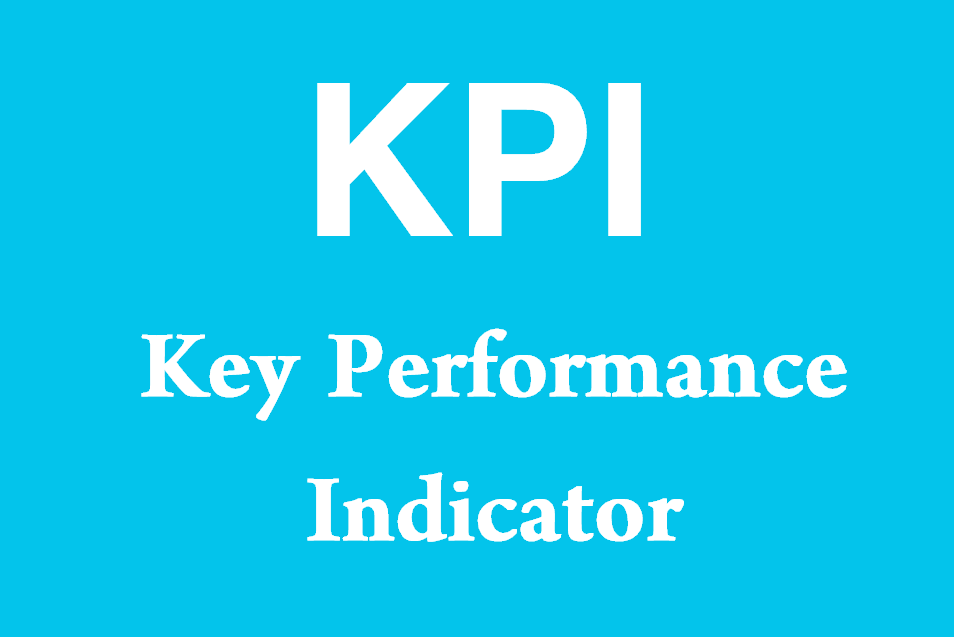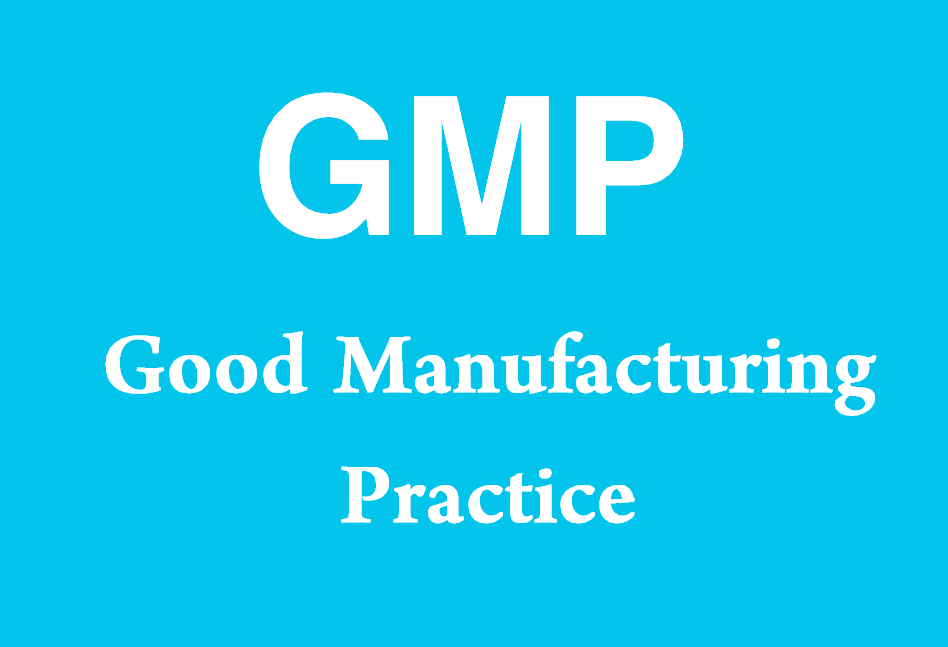China, as one of the largest manufacturing hubs in the world, is subject to numerous national and international certifications and standards that govern product quality, safety, and environmental sustainability. Understanding and navigating these certifications is critical for businesses that wish to source products from China. Whether it’s ensuring compliance with international standards or meeting the specific requirements of different industries, manufacturers and buyers need to be well-versed in these key certifications.
National Certifications and Standards in China
In China, the government has established a variety of national certifications and standards to regulate manufacturing quality and ensure the safety of products for both domestic and international markets. These certifications address various sectors, including product safety, environmental protection, and food safety, among others.
China Compulsory Certification (CCC)
The China Compulsory Certification (CCC), also known as the China National Certification or 3C Certification, is one of the most important national standards for manufacturers in China. It is a mandatory product certification for various products sold in the Chinese market, and it is required to ensure that products meet safety and quality standards set by the government.
Scope of the CCC
- Safety Standards: The CCC certification covers a wide range of product categories, including electrical appliances, automobiles, machinery, and building materials. It ensures that these products meet China’s safety, environmental, and health standards.
- Product Categories: Some of the most common product categories requiring CCC certification include electronics, home appliances, automotive components, and lighting products. These products must undergo tests to verify that they conform to safety and quality standards before entering the Chinese market.
Process of Obtaining CCC Certification
- Application Submission: Manufacturers must apply for the CCC certification through accredited organizations in China. This involves submitting product details and providing samples for testing.
- Testing and Evaluation: Accredited laboratories perform the necessary tests on the product, including safety and performance tests. The product must meet the requirements outlined by Chinese national standards.
- Ongoing Compliance: After receiving the certification, manufacturers must maintain compliance with CCC standards. Periodic inspections are carried out to ensure ongoing conformity.
GB Standards (Guobiao Standards)
The GB Standards (Guobiao Standards) are national standards in China that cover a broad range of product categories and industries, including safety, quality, and environmental standards. These standards are issued and enforced by various government agencies to ensure the safety and performance of products manufactured or sold in China.
Types of GB Standards
- Mandatory GB Standards: These are legally enforceable standards that must be met by manufacturers. They cover essential aspects of product quality, including safety, health, and environmental impacts. For example, certain electronics or chemical products must comply with mandatory GB standards to be sold in the market.
- Voluntary GB Standards: While these standards are not legally required, they provide guidelines that manufacturers can follow to ensure best practices in manufacturing. These standards are often used to improve product quality or increase competitiveness in the market.
Common Areas of Application
- Product Safety: GB standards address various safety aspects, such as electrical safety, fire hazards, and consumer protection. For example, the GB 4943 standard governs the safety requirements for electrical appliances and electronic products.
- Environmental Standards: GB standards are also in place to regulate environmental sustainability, particularly in sectors like manufacturing, chemicals, and construction. These standards are aimed at reducing the environmental impact of manufacturing processes and products.
- Food Safety: In the food industry, the GB 2760 standard governs food additives, while the GB 14881 standard covers food safety practices, ensuring that food products meet safety and health requirements.
International Certifications and Standards
For Chinese manufacturers exporting products internationally, adherence to global standards and certifications is crucial. These certifications are often required to gain access to foreign markets and meet the regulatory expectations of buyers around the world.
ISO Certifications (International Organization for Standardization)
The ISO (International Organization for Standardization) provides a comprehensive set of standards that are widely recognized in industries globally. The ISO certifications focus on improving product quality, safety, environmental sustainability, and operational efficiency.
Key ISO Certifications in Chinese Manufacturing
- ISO 9001 (Quality Management System): ISO 9001 is one of the most recognized quality management system standards globally. It focuses on ensuring that products meet customer expectations and regulatory requirements through continuous improvement of manufacturing processes and practices. Manufacturers in China seeking to export goods often obtain this certification to demonstrate their commitment to quality.
- ISO 14001 (Environmental Management System): ISO 14001 outlines the criteria for establishing an effective environmental management system. Manufacturers that comply with this certification demonstrate their commitment to reducing their environmental impact through efficient resource usage, waste reduction, and sustainability efforts.
- ISO 45001 (Occupational Health and Safety): This standard focuses on improving employee safety and minimizing risks within the workplace. It is particularly relevant for manufacturers in high-risk sectors such as chemicals, construction, and heavy machinery.
- ISO 22000 (Food Safety Management): This certification is essential for manufacturers in the food industry, ensuring that food products meet stringent safety standards. It covers all aspects of the food supply chain, from production to processing and packaging.
Benefits of ISO Certifications for Chinese Manufacturers
- Global Recognition: ISO certifications are internationally recognized and often required by global customers. Obtaining these certifications can significantly improve a manufacturer’s credibility and marketability in international markets.
- Competitive Advantage: Manufacturers with ISO certifications often have a competitive edge over those that do not, as it demonstrates their commitment to quality and adherence to best practices.
- Operational Efficiency: The process of obtaining and maintaining ISO certifications encourages continuous improvement, leading to increased operational efficiency, reduced waste, and enhanced customer satisfaction.
CE Marking (Conformité Européenne)
The CE Marking is a European standard that indicates a product complies with EU regulations concerning safety, health, and environmental protection. It is a mandatory certification for products sold in the European Union and European Economic Area (EEA).
Scope of CE Marking
- Product Categories: CE marking applies to a wide range of product categories, including electronics, machinery, medical devices, construction products, and personal protective equipment (PPE). The CE mark signifies that the product meets all relevant EU legislation for that product category.
- Health and Safety Compliance: The CE mark ensures that products meet the health, safety, and environmental protection standards set out by the EU. For example, for electronic products, the CE marking ensures compliance with electromagnetic compatibility (EMC) standards and low voltage directives.
CE Marking Process for Chinese Manufacturers
- Conformity Assessment: Manufacturers must carry out a conformity assessment to demonstrate that the product complies with the relevant EU regulations. This involves performing tests, preparing technical documentation, and ensuring that the product meets all the required standards.
- Notified Bodies: For certain high-risk products (e.g., medical devices), the manufacturer must work with a notified body, which is an independent organization authorized to assess conformity with EU standards.
- Declaration of Conformity: Once the product meets all necessary standards, the manufacturer must issue a declaration of conformity, stating that the product complies with the relevant EU directives. The product can then be marked with the CE symbol and sold in the European market.
RoHS (Restriction of Hazardous Substances)
RoHS is a directive from the European Union that restricts the use of certain hazardous materials in electrical and electronic products. The goal of RoHS is to reduce the environmental and health impacts of electronic waste by limiting substances such as lead, mercury, cadmium, and certain flame retardants in electronic products.
RoHS Compliance for Chinese Manufacturers
- Hazardous Substance Restrictions: RoHS compliance requires manufacturers to ensure that their products do not contain restricted substances above specific thresholds. For example, the use of lead in electronic components is limited under the directive.
- Testing and Certification: Manufacturers must conduct thorough testing to confirm that their products meet RoHS standards. Certification and documentation must be provided to show compliance with the directive, and regular checks should be performed to maintain compliance over time.
Importance of RoHS for Chinese Manufacturers
- Market Access: RoHS compliance is mandatory for selling electronics in the EU market. Manufacturers who fail to comply with RoHS standards will not be able to legally sell their products in European markets.
- Environmental Responsibility: RoHS compliance demonstrates a manufacturer’s commitment to environmental sustainability and responsible product design. It is an important factor for global companies that prioritize environmentally friendly products.
UL Certification (Underwriters Laboratories)
UL certification is one of the most widely recognized safety certifications for products, particularly in industries such as electronics, electrical appliances, and fire protection. UL testing ensures that products meet safety standards related to electrical hazards, fire risks, and overall product integrity.
UL Certification Process for Chinese Manufacturers
- Product Testing: Manufacturers must submit their products to UL testing laboratories for evaluation. Products are subjected to a range of safety tests, including electrical safety, flame resistance, and exposure to hazardous materials.
- Marking and Labeling: Once products pass UL testing, they are awarded the UL mark, which signifies that they have met the necessary safety standards. This mark is important for products being exported to North America and other regions where UL standards are required.
UL Certification Benefits for Chinese Manufacturers
- Safety Assurance: The UL mark assures customers that the product has been rigorously tested and meets high safety standards.
- Market Access: UL certification is often required for products sold in the United States and Canada. Manufacturers seeking to sell their products in these markets must comply with UL standards.
- Consumer Trust: UL certification boosts consumer confidence in the safety and quality of the product, making it a key selling point in competitive markets.
Industry-Specific Certifications
In addition to general international standards, some industries in China require specific certifications to ensure product quality and safety. These certifications address the unique risks and requirements of various sectors, such as food safety, medical devices, and automotive manufacturing.
ISO 22000 (Food Safety Management)
ISO 22000 is a global standard for food safety management systems, designed to ensure that food products are safe for consumption. Manufacturers in the food industry, including those in China, must adhere to ISO 22000 standards to ensure that their products meet safety regulations.
Key Aspects of ISO 22000
- Hazard Analysis and Critical Control Points (HACCP): ISO 22000 integrates HACCP principles, which identify and control potential food safety hazards during the production process.
- Traceability and Record Keeping: Manufacturers are required to keep detailed records of their processes to ensure that food safety is maintained at every stage of production, from raw materials to finished products.
- Continuous Improvement: ISO 22000 encourages continuous improvement, ensuring that manufacturers regularly assess and improve their food safety management systems.
IATF 16949 (Automotive Quality Management)
IATF 16949 is the global standard for quality management systems in the automotive industry. It is designed to ensure that suppliers to the automotive sector adhere to strict quality standards in product design, manufacturing, and delivery.
Key Components of IATF 16949
- Process Management: IATF 16949 emphasizes the need for automotive manufacturers to establish efficient processes to manage product quality at every stage of production.
- Supplier Management: The standard requires manufacturers to engage in continuous monitoring and evaluation of suppliers to ensure that they meet the necessary quality and performance criteria.
- Risk Management: Manufacturers must implement risk management practices to anticipate and address potential issues that could affect product quality, including failure modes and their impacts.





